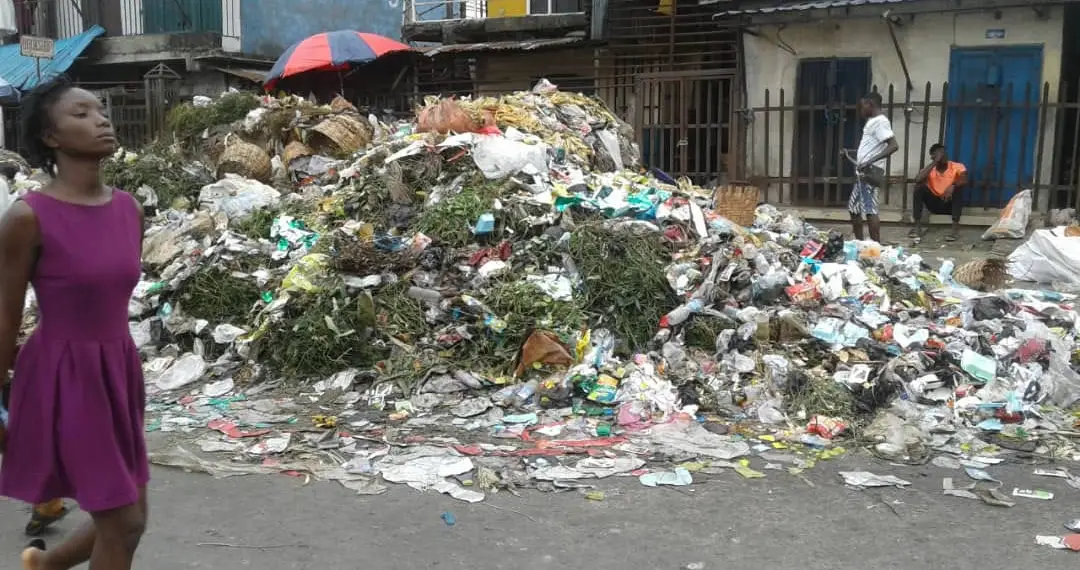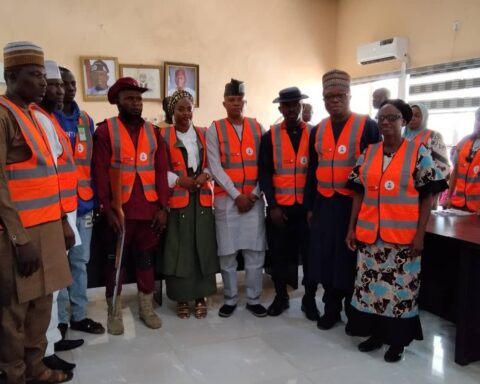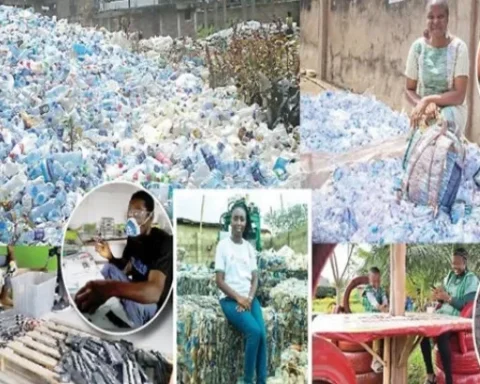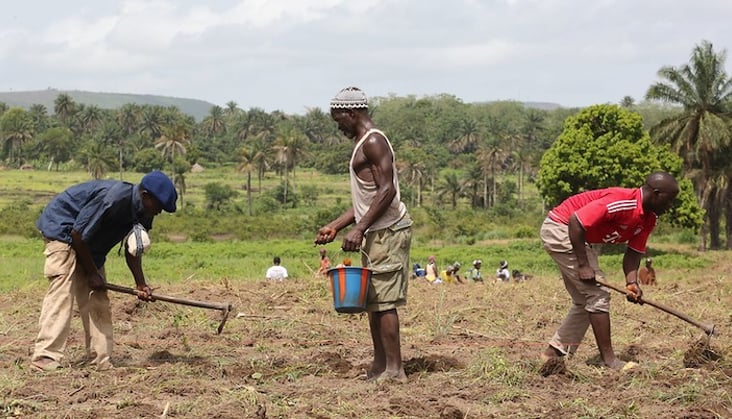The United Nations has raised concerns about the growing environmental crisis in Nigeria due to the increasing volume of abandoned waste in urban areas, warning that this situation could lead to severe environmental degradation and pose significant risks to human and animal life.
A recent UN report highlighted the escalating waste generation problems across Nigeria’s urban centers, with a particular focus on the alarming conditions in Ado-Ekiti, the capital of Ekiti State.
A representative of UN-Habitat Mercy Achieng Odhiambo, emphasized the potential dangers of leaving waste in open spaces during a one-day training session on the Waste Wise Cities Tool (WaCT) for Environmental Officers and key stakeholders in Ado-Ekiti.
The training, themed “Capacity Building for Effective Municipal Solid Waste Management,” was organized in collaboration with the African Clean Cities Platform.
Odhiambo stressed the urgent need for improved waste management systems, noting that the growing accumulation of refuse contains harmful chemicals that exacerbate existing environmental challenges.
“Inadequate waste management has not only increased flooding but also led to a surge in sanitation-related diseases throughout Nigeria,” she said.
The training aimed to equip Environmental Officers with the skills to assess waste generation, identify stakeholders in the recovery chain, and formulate data-driven strategies for better waste management.
Mr. Akin Tobi, a Technical Support officer with the UN, emphasized the critical role of quality data in managing waste, particularly in Ado-Ekiti.
“We need precise data on the volume of waste generated in the city. The government is committed to addressing waste issues, and in collaboration with UN-Habitat, Ado-Ekiti has joined the African Clean Cities Platform,” Tobi stated.
Tobi also noted that Ado-Ekiti was selected as one of three African cities to benefit from the Clean City initiative, which includes training environmental officers on effective waste measurement techniques.
The Ekiti State Commissioner for Environment, Tosin Aluko-Ajisafe, underscored the importance of effective waste management for the state’s environmental sustainability. “This training is vital in ensuring that our state remains habitable,” she said.
Aluko-Ajisafe reiterated the commitment of the Oyebanji-led administration to improving waste management, highlighting recent initiatives such as installing Dino bins at strategic locations across the state capital to facilitate proper waste disposal and collection.







